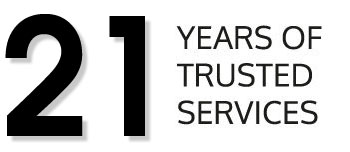The principles of the 3Rs (Replacement, Reduction and Refinement) were developed over 50 years ago as a framework for humane animal research. They have subsequently become embedded in national and international legislation regulating the use of animals in scientific procedures. For PolyGene, they are at the heart of our activities.
Replacement
To limit animal suffering, the foremost act is to replace animal experiments by methods that do not involve animals – such as: Investigations in human volunteers, tissues and cells; Use or establishment of animal cell lines; Use of species less ethically challenging, and likely to experience less suffering, such as Drosophila or nematodes; Mathematical and computer models.
Only when an application fails with the mentioned tools, and when a ethical body agrees on the need of the research, is experimental work with mammals justified.
Reduction
This principle aims at minimizing the number of animals needed in experimentation. From the point of view of customer models, our part consists of the generation of uniform models on inbred background to allow for reduction in cohorts. For us, constant improvement of methods (e.g., optimization of hormone treatments and age selection) allows us to continuously increase efficiencies and lower the number of donor animals.
Refinement
Refinement refers to everything that minimizes pain, suffering, distress or lasting harm in animals. It applies to all aspects of animal use, from the housing and husbandry used to the scientific procedures performed on them. Switzerland has one of the strictest regulations for animal treatment, and we are proud to be at the front of the implementers, often preceding the recommendations by years.



